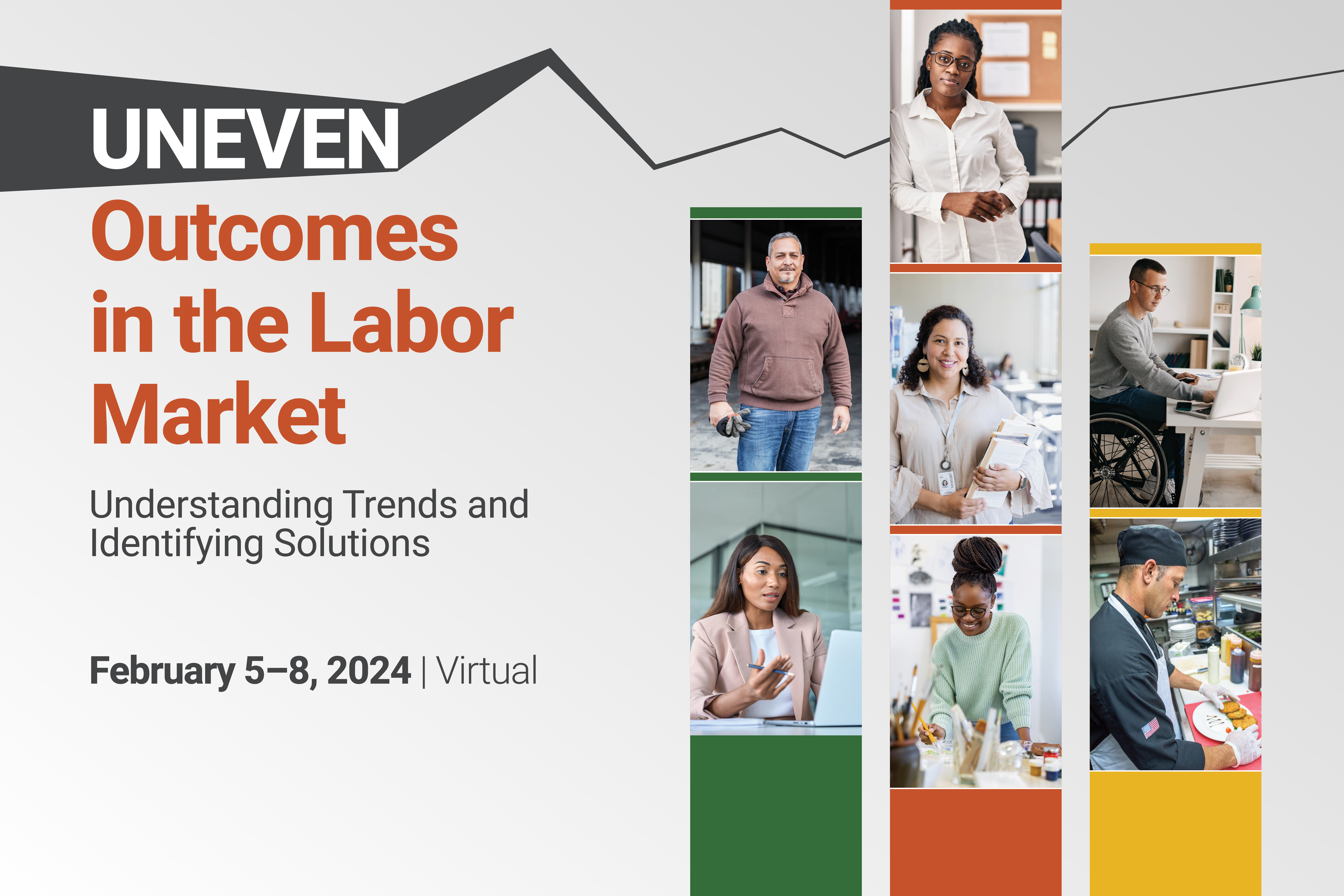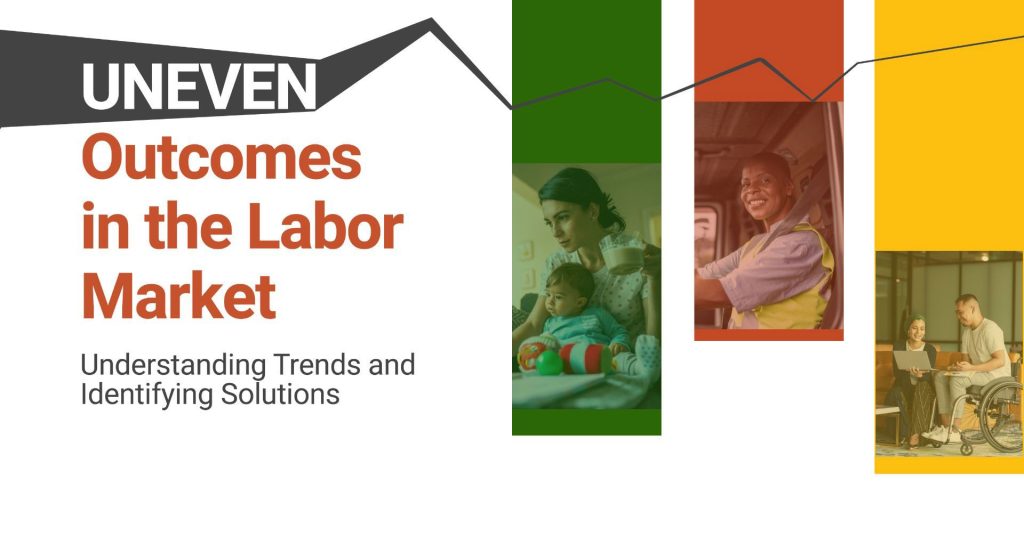

The Federal Reserve operates under a mandate from Congress to “promote effectively the goals of maximum employment, stable prices, and moderate long-term interest rates.” The employment mandate stems from a recognition that stable, gainful employment is necessary for families and communities to thrive.
The unemployment rate is a standard measure for the state of the US labor market. However, research shows this statistic masks important disparities across age, education, race and ethnicity, geographic regions, and other demographics. For example, in April 2023, the white unemployment rate was 3.1 percent, while for Black workers, it was 5.7 percent. At the same time, the share of Black workers (1.8%) who were underemployed (part-time for economic reasons) is larger than the share of underemployed White workers (1.5%). Although these persistent gaps have gotten smaller during this tight labor market, they deserve to be better understood. In other words, how close the labor market is to full employment requires looking beyond the most commonly-used indicators.
The Federal Reserve’s community development teams aim to understand both challenges and opportunities across many demographics. To this end, the Federal Reserve Board of Governors and the Federal Reserve Banks of Atlanta, Boston, Cleveland, Philadelphia, San Francisco, and St. Louis would like to highlight research that examines uneven labor market outcomes at a virtual conference February 5-8, 2024.

February 5, 2024
2:00 – 3:30 PM ET
What’s It Worth to You? Returns to Education & Training
Education and training are broadly seen as the foundation of career advancement and economic mobility. Please join us for a discussion of research on the economic returns of educational investment by types of institutions and demographic characteristics.

February 6, 2024
2:00 – 3:30 PM ET
Left Out or Dropped Out? Continuing the Conversation on Men and Women in the Workforce
Economic and cultural factors affect an individual’s decision about how to engage with the workforce. Please join us for a discussion of research on how some incentives and barriers drive differing labor force participation decisions for men and women.

February 7, 2024
2:00 – 3:30 PM ET
Who’s Minding the Store? Firm-Level Characteristics and Worker Outcomes
The relationship between employer characteristics and job quality is not well understood. Please join us for a discussion of how employer structure and financing may affect worker compensation and other job characteristics.

February 8, 2024
2:00 – 3:30 PM ET
What’s Government Got to Do With It? Policy at All Levels
Please join us for a discussion of how federal, state and local policies could be used to close uneven outcomes in the workforce.
2024 organizing committee
- Sara Chaganti, Federal Reserve Bank of Boston
- Nishesh Chalise, Federal Reserve Bank of St. Louis
- Ellie Dries, Federal Reserve Board of Governors
- Michael Evangelist, Federal Reserve Bank of Boston
- Jennifer Fernandez, Federal Reserve Board of Governors
- Sergio Galeano, Federal Reserve Bank of Atlanta
- Heidi Kaplan, Federal Reserve Board of Governors
- Elizabeth Kneebone, Federal Reserve Bank of San Francisco
- Merissa Piazza, Federal Reserve Bank of Cleveland
- Tiffani Williams, Federal Reserve Bank of Atlanta
Past events
The Federal Reserve hosted two previous conferences based on a Call for Papers focused on Uneven Outcomes in the Labor Market.
- Uneven Outcomes In The Labor Market: Understanding Trends and Identifying Solutions. (2021)
- Disparities In The Labor Market: What Are We Missing? (2017)
Additional webinars


A Research Agenda on Gender and the Workforce
This research agenda on gender and the workforce was developed from a brownbag session on May 17, 2024 that delves deeper into policy relevant research on gender and the workforce.
Related content
Supporting women and work-life balance in today’s economy
Explore the real stories of four women striving for work-life balance, as revealed through the Aspen Institute’s Women in the Economy survey. They share their ideas about how the economy…
A conversation on economic inequality and labor market disparities
This podcast explores the challenges of labor market disparities and economic inequality. Dr. Niki vonLockette shares insights into systemic discrimination and policies for equal employment opportunities.
A conversation on Skills Through Alternative Routes (STARs)
The labor market has transformed since the previous Uneven Outcomes conference. In this interview, we catch up with Papia Debroy who shares more on the concept of “Skills Through Alternative…
Who’s at risk at work? How the pandemic exposed job hazards
Ensuring employee safety and health is vital for job satisfaction. Workplace hazards raise concerns about the effects on employee well-being.
What is driving the continued women’s labor force shortage?
While women’s labor force participation has grown significantly post-pandemic, the lack of accessible and affordable child care can hinder employment prospects.





